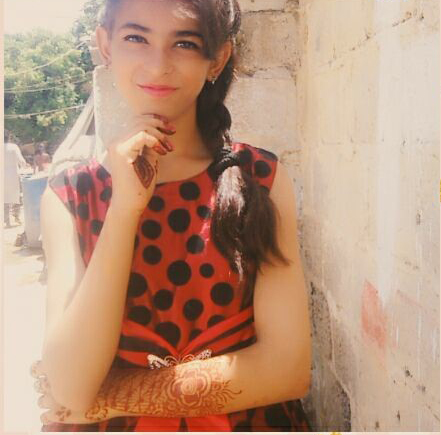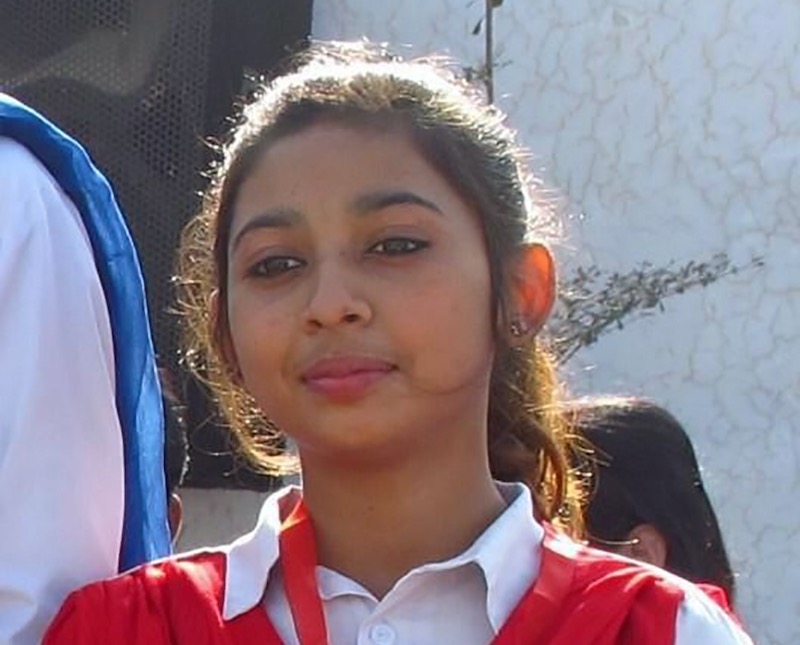I was live on air when the news came through.
During a radio interview, I learned that the High Court in Karachi had approved the marriage and conversion to Islam of 13-year-old Catholic girl Arzoo Raja.
It was the latest twist in a saga that again and again has defied expectations.
Ali Azhar, 44, was accused of kidnapping Arzoo in broad daylight on 13th October 2020 from outside her home.
Her parents, Raja and Rita, say the abduction took place just minutes after they went to work.
In spite of a government-produced National Database and Registration Authority (NADRA) birth certificate showing she is 13, on 29 October the court gave custody of Arzoo to Mr Azhar, stating that she was neither abducted nor forced to marry.
Barely three days later, reports emerged that the same High Court had ordered the girl be “recovered” and placed in a women and girls’ shelter.
And, in a further sign that events were swinging back in the parents’ favour, a week later, results of a medical examination showed that Arzoo is “around 14 years of age”.
But, rather than finding against her abductor for violating the Sindh Child Marriage Restraint Act 2013, the court adjourned the case, pending a further hearing.
What the outcome of the case will be is unclear.
 Arzoo Raja. Pic: ACN
Arzoo Raja. Pic: ACN
In my role as head of press and information at Aid to the Church in Need (UK), I have been following closely a similar case involving Maira Shahbaz, speaking to family members, lawyers and human rights’ activists.
Maira was abducted in April 2020 at the height of lockdown in Pakistan, close to her home in Madina Town, near Faisalabad.
The case has striking similarities to Arzoo’s. Maira’s parents went to the police to get her back, producing a NADRA birth certificate to prove that the girl is 14. The abductor, Mohamad Nakash Tariq, claimed that she is 19, that they were legally married and that she had converted to Islam. These were decisions that he alleged she had made entirely voluntarily.
And, in another parallel with Arzoo’s plight, the High Court, in this case in Lahore, ruled in Mr Nakash’s favour, forcing her to return to him.
But, in a sign of how things might develop in the Arzoo case, Maira’s change of religion and marriage turned out to be far from choices freely made.
Two weeks after Lahore High Court gave Mr Nakash custody of Maira, she escaped from his home and went straight to the police.
Not only did she state that she had been forced into marriage and religious conversion but she declared he had blackmailed her and made her become a prostitute.
And, upon her escape, he renewed threats to kill Maira and her family. Mr Nakash claimed that her renunciation of him and their life together to be apostasy, an act of betrayal deserving of death, one legitimised as an honour killing.
Maira’s case, like that of Arzoo, remains unresolved. Soon after she escaped, her lawyer, Sumera Shafique, filed a case for the marriage to be cancelled. Months on, the case is pending.
Meantime, Maira and her family are in hiding. The Lahore High Court ordered that she and her family receive 24-hour police protection.
So what will become of Maira and Arzoo? Will they ever get justice?
The scandal of underage girls forced to marry and convert shines a spotlight on a fault-line that cuts through Pakistan’s legal and administrative systems: is the state bound by secular laws or does it adhere to Islamic Shari‘a?
While underage marriage is presented as permissible according to some of those claiming to speak for Islam, it is strictly forbidden according to a secular system.
Until the country reconciles itself to following one or the other system of law and government, the fear is that there will never be a solution for the likes of Arzoo and Maira.
Even if they are legally released from their marriages, there is still the problem of societal pressure – mobs who perceive the issue in strictly religious terms and who are willing to sacrifice their lives to defend what they see as the honour of Islam.
Such mobs are accused of applying threats which are thought to have swayed justices acting in abduction and forced marriage cases, such as Maira’s.
Meantime, the Movement for Solidarity and Peace in Pakistan calculates that every year across the country up to 1,000 Christian and Hindu girls and young women aged between 12 and 25 are abducted by Muslim men.
ACN contacts in Pakistan estimate that the total number of girls kidnapped in such circumstances is in fact far higher as many of the cases involve families who are too poor or too afraid to contest the abduction of their children.
Until Pakistan tackles the issue head on, the outlook for Maira, for Arzoo and for the hundreds of others similarly affected – who suffer for their gender, their youth and their faith – remains very uncertain.
As for Maira and Arzoo, they and their families will be on tenterhooks over the coming days awaiting the outcome of hearings no one can quite predict.
John Pontifex is Head of Press & Information, Aid to the Church in Need (UK)



 Loading ...
Loading ...
What do you think?
You can post as a subscriber user ...
User comments (0)